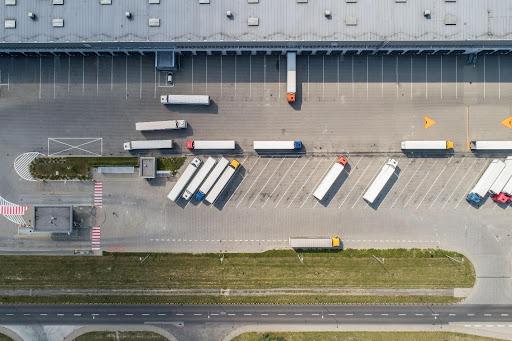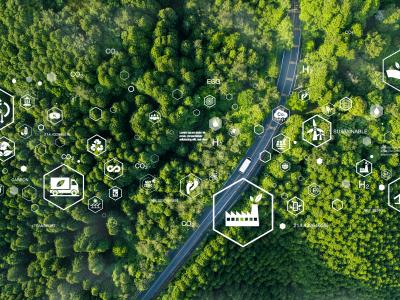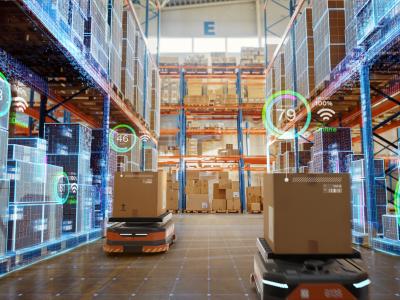The Future of Logistics: Sustainability and Efficiency as Key Priorities
In today's rapidly changing market conditions, sustainability and efficiency are becoming key priorities in the logistics sector. With increasing emphasis on eco-friendly practices and reducing emissions, it is essential for companies to rethink their logistics processes and implement innovative approaches. These changes will not only contribute to environmental protection but also enhance the competitiveness of companies in the global market.
Fuel Technologies
The shift towards electric solutions and renewable fuel sources in logistics transportation is expected to be a major driver of emission reductions in the future. According to the “Sustainable Logistic “ report by Cushman & Wakefield, Boston Consulting Group, and the World Economic Forum (WEF), this transition could reduce emissions by up to 80%.
Vehicle Technologies
Improvements in vehicle efficiency and better route planning could also contribute to emission reductions, though to a lesser extent than fuel technologies. The development and adoption of autonomous trucks is another key factor, potentially leading to more efficient logistics operations.
Collaboration and Consolidation
Information sharing between businesses can help reduce the number of empty or partially loaded vehicles returning to depots. By utilizing empty space in other companies’ vehicles, the practice of "empty running" can be minimized. However, this requires collaboration between businesses willing to share internal data. Despite the challenges, this solution presents an opportunity to reduce overall vehicle movement and emissions.
Green path to sustainable transport
Replacing truck transport with rail or shipping can significantly reduce emissions. These forms of transport are more carbon-efficient and can move larger volumes of goods at once. However, underdeveloped rail and canal infrastructure in Europe limits the speed and efficiency of these alternatives. Businesses require inland terminals for loading and unloading goods to be located near their logistics centers to maximize efficiency.
Digitalization
As part of ongoing supply chain optimization, digitalization can transform supply chains from linear structures into ecosystems. These changes allow for better responses to challenges, improved performance optimization, and enhanced future forecasting. Advancements in AI will further increase the reliability of predictions, aiding in planning and route optimization.
Looking for the perfect space to grow your business? Check out the latest warehouse spaces available for rent.





